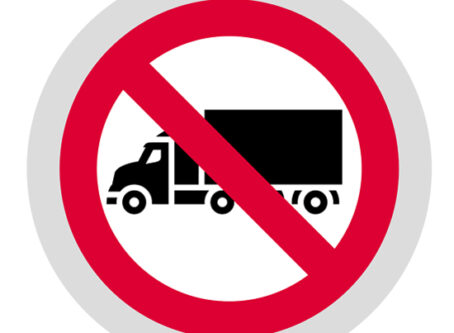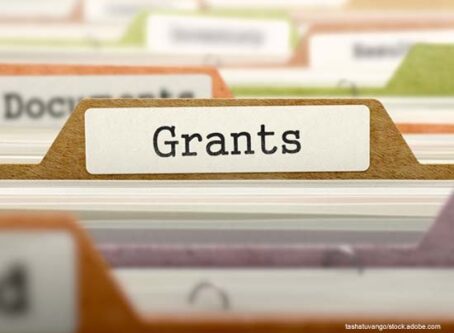Virginia joins Regional Greenhouse Gas Initiative, first Southern state member
Virginia has joined 10 other states in the Regional Greenhouse Gas Initiative, making it the first Southern state to become a member of the cap-and-trade program.
On Wednesday, July 8, Gov. Ralph Northam announced that Virginia has become the newest member of the Regional Greenhouse Gas Initiative. The program includes Northeast and Mid-Atlantic states combating climate change by reducing greenhouse gas emissions from the power sector. Other member states are Connecticut, Delaware, Maine, Maryland, Massachusetts, New Hampshire, New Jersey, New York, Rhode Island and Vermont.
According to a news release, Regional Greenhouse Gas Initiative states agree to a cap on carbon dioxide emissions. Power generators in those states must reduce pollution to meet the cap or buy additional allowances through an auction administered by RGGI, Inc., the nonprofit organization that coordinates participation in the program.
“As the southernmost state to join RGGI, Virginia is sending a powerful signal that our commonwealth is committed to fighting climate change and securing a clean energy future,” Gov. Northam said in a statement. “This initiative provides a unique opportunity to meet the urgency of the environmental threats facing our planet while positioning Virginia as a center of economic activity in the transition to renewable energy. Our commonwealth is ready to lead the way in ensuring that the path to reducing carbon emissions is equitable and protects the health and safety of all Virginians.”
Virginia officially becomes an active participant in the Regional Greenhouse Gas Initiative on Jan. 1.
In April, Gov. Northam signed the Virginia Clean Economy Act. The law requires new measures to promote energy efficiency, sets a schedule for closing old fossil fuel power plants, and requires electricity to come from 100% renewable sources, such as solar or wind. Additionally, energy companies that do not meet their targets must pay a penalty. Revenue from those penalties will go toward funding job training and renewable energy programs in disadvantaged communities.
The Virginia Clean Economy Act also allows the commonwealth to use proceeds from the cap-and-trade auction for community flood preparedness, coastal resilience and energy efficiency programs benefitting low-income residents.
“Power sector emissions in the (Regional Greenhouse Gas Initiative) states have declined by more than 50% relative to 2005, and independent reports have found net benefits to the RGGI states’ economies on the order of $4 billion, as well as health benefits, including lives saved and savings in health-related costs,” RGGI said in a statement. “With Virginia’s inclusion, the eleven participating states will comprise over 18% of the US population and 20% of the US economy, which would make the region the fourth largest global economy if it were a separate country. The addition of Virginia to RGGI in 2021 will increase the regional emissions cap coverage by nearly 30%.”
The Northeast and Mid-Atlantic region has been pursuing zero-emissions regulations.
In December, eight states and the District of Columbia vowed to have trucks and buses reach zero greenhouse gas emissions by an unspecified date. Each state will propose their zero-emissions memorandum of understanding to their respective governor’s next summer.
All but Maine and D.C. also signed the 2013 Governors’ Zero Emission Vehicle Memorandum of Understanding. The memorandum created a zero-emissions vehicles task force. According to its website, the task force will help implement a commitment by participating states “to having at least 3.3 million zero-emission vehicles operating on their roadways by 2025.” Zero-emissions vehicles include pure battery-electric vehicles, plug-in hybrid electric vehicles and hydrogen fuel cell electric vehicles.
The 2013 memorandum deals primarily with passenger vehicles. However, the latest statement of intent targets medium- and heavy-duty vehicles exclusively and will use the same zero-emissions vehicles task force.









